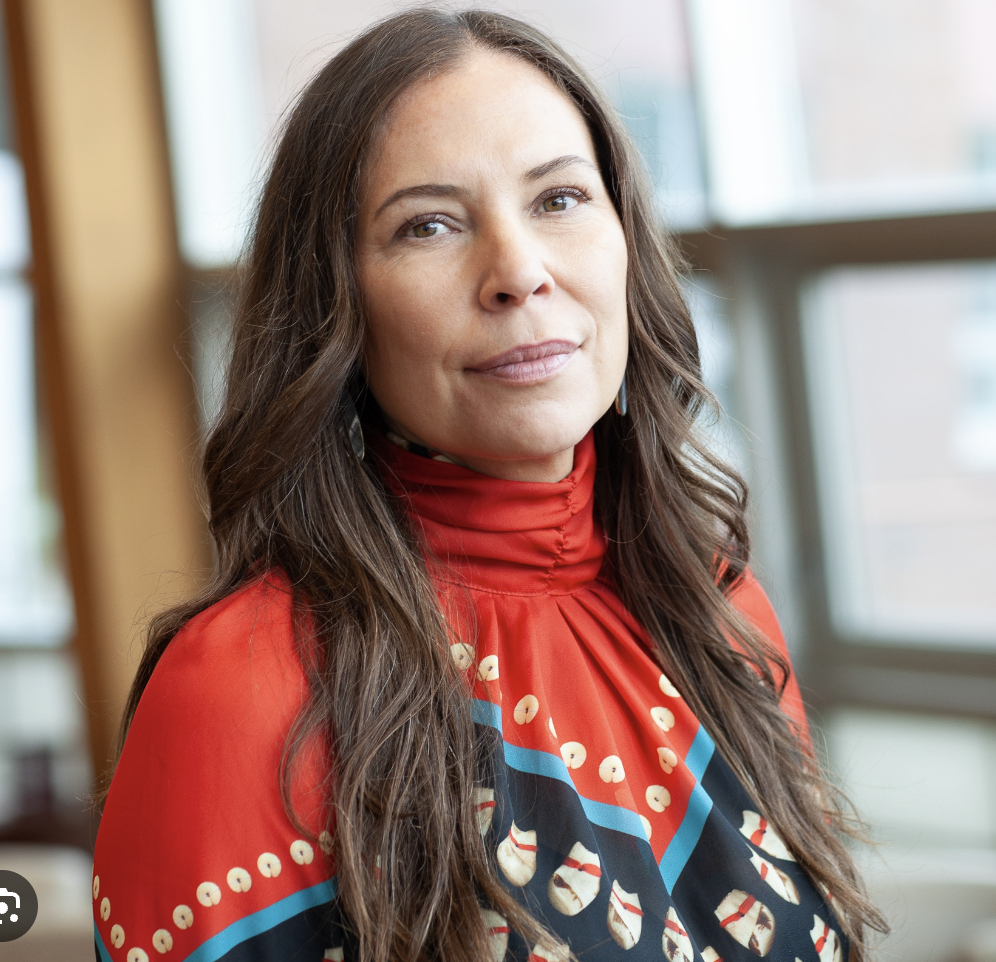
- Details
- By Native News Online Staff
The White House on Thursday announced President Joe Biden has nominated Heather M. Cahoon (Confederated Salish and Kootenai Tribes) to the Board of Trustees of the Morris K. Udall and Stewart L. Udall Foundation.
Cahoon is a federal Indian policy scholar and associate professor of Native American Studies at the University of Montana. She is also the Founder and former Director of the American Indian Governance and Policy Institute, a Native-led research entity and independent think tank that provides tribal nations in Montana with in-depth research and analysis of tribal policies.
In 2015, Cahoon was named the University of Montana’s first Elouise Cobell Land and Culture Institute Scholar, a title reserved for faculty who are continuing Cobell’s legacy of working for justice and equity for American Indians and tribal communities. Cahoon has held gubernatorial appointments with the Montana Ambassadors and the Montana Board of Crime Control’s Youth Justice Council.
In addition to her policy research and teaching, Cahoon is also an award-winning poet and the author of “Horsefly Dress” and “Elk Thirst.” She is from the Flathead Reservation in western Montana.
More Stories Like This
Native News Weekly (August 25, 2024): D.C. BriefsUS Presidents in Their Own Words Concerning American Indians
Haaland Meets with Southern New Mexico Law Enforcement on Public Safety Priorities
This Day in History – Dec. 26, 1862: 38 Dakota Men Executed by Order of Abraham Lincoln
Merry Christmas 2025
Help us defend tribal sovereignty.
At Native News Online, our mission is rooted in telling the stories that strengthen sovereignty and uplift Indigenous voices — not just at year’s end, but every single day.
Because of your generosity last year, we were able to keep our reporters on the ground in tribal communities, at national gatherings and in the halls of Congress — covering the issues that matter most to Indian Country: sovereignty, culture, education, health and economic opportunity.
That support sustained us through a tough year in 2025. Now, as we look to the year ahead, we need your help right now to ensure warrior journalism remains strong — reporting that defends tribal sovereignty, amplifies Native truth, and holds power accountable.
 The stakes couldn't be higher. Your support keeps Native voices heard, Native stories told and Native sovereignty defended.
The stakes couldn't be higher. Your support keeps Native voices heard, Native stories told and Native sovereignty defended.
Stand with Warrior Journalism today.
Levi Rickert (Potawatomi), Editor & Publisher


